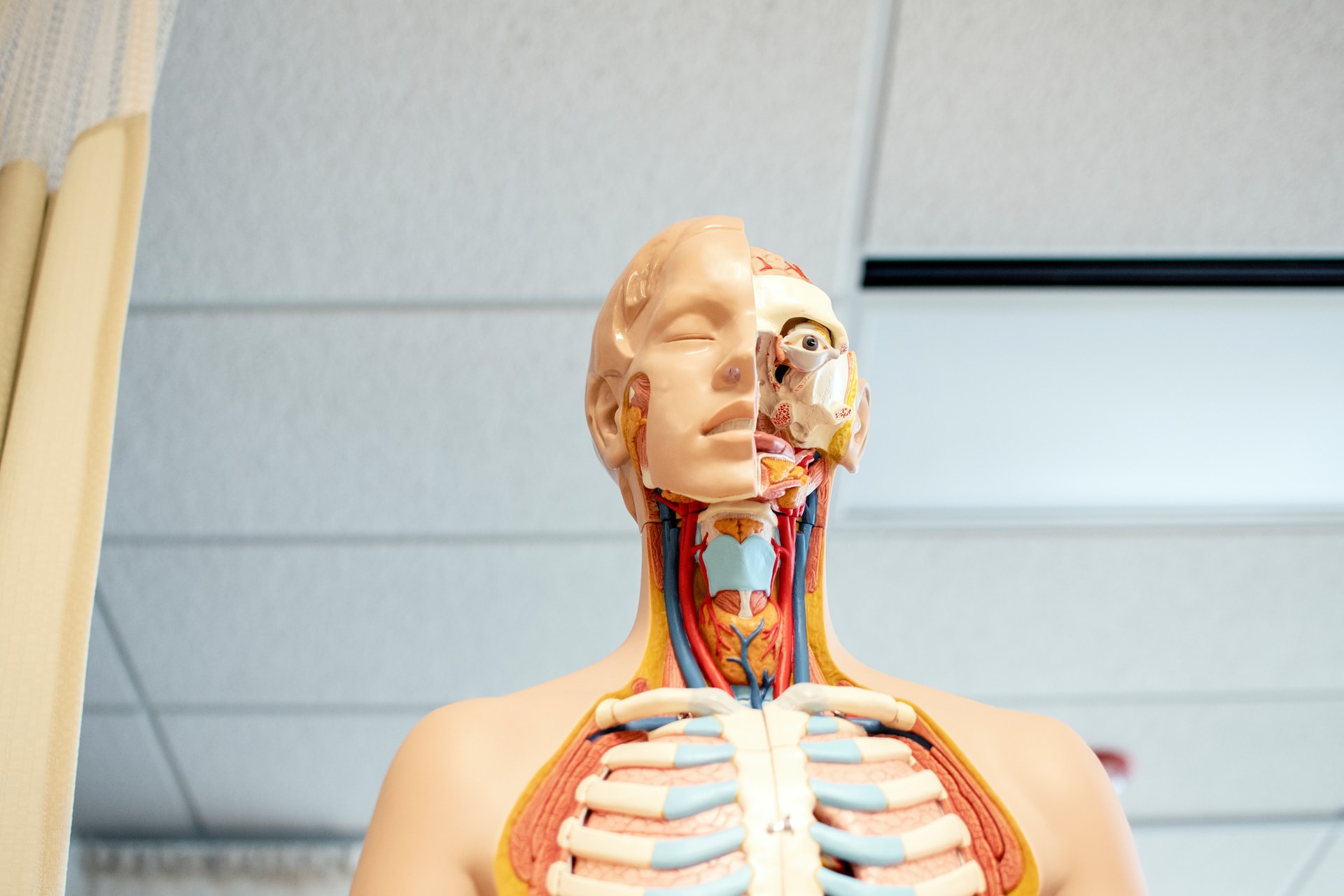
What Are the Symptoms of Thyroid? Surprising Symptoms of Thyroid
The thyroid, which is responsible for the production of hormones that regulate many functions in the body, can be the harbinger of many health problems. So what is the thyroid? What are the thyroid symptoms? Let's see together.
The thyroid is located just below the cartilage structure, popularly known as the Adam's apple. Although the thyroid is commonly known as a disease, it is actually an organ located in front of the trachea, below the area of the throat known as the Adam's apple. Resembling the letter U or H and having a butterfly-like shape, the thyroid is responsible for the production of hormones that regulate many functions in the body.
With the production, storage and secretion of calcitonin hormone as well as T3 (triiodothyronine) and T4 (thyroxine) hormones, the thyroid is approximately the size of a walnut and its total weight is between 15 and 20 g.

Hormones secreted from the thyroid gland mix with the bloodstream and stimulate the relevant system or organ. The regularity of thyroid gland functions, which is very important for body health, affects almost all metabolic processes in the body.
The functions of the thyroid gland, such as hormone production, storage and release, are controlled by the pituitary gland by stimulating the pituitary gland, another endocrine gland located in the brain, by the TRH hormone secreted from the hypothalamus region of the brain.

Symptoms of Thyroid Problems
An overactive thyroid (hyperthyroidism) can cause you to sweat more, feel hot, lose weight, or have your heart beat faster. An underactive thyroid (hypothyroidism) does the opposite. You may get cold, gain weight, and have a slow heartbeat.
Foggy Brain
When hypothyroidism slows the flow of these hormones, a side effect is "brain fog." You may have trouble focusing, remembering things, or thinking clearly.
Depression
Depression is often the first sign of a thyroid problem. Anxiety is also associated with it. It's more common to feel depressed when you have hypothyroidism. Anxiety is common with hyperthyroidism.
Pregnancy Issues
Studies show that if you have an untreated thyroid disorder, you're more likely to experience complications while pregnant, such as a condition called preeclampsia. You also have a higher chance of miscarriage or stillbirth. You may give birth prematurely or have a low-birth-weight baby.
Menstrual Problems
Trouble with menstruation can be a sign of a thyroid condition. Very light, very heavy, or irregular menstrual periods can all be symptoms. If you've never had a period, that could also be a sign. Girls with a thyroid disorder may have their first period too early or too late.
Edema
There may be extra fluid your body is holding because your thyroid isn't working properly. You will usually notice this on your eyelids, lips, and tongue.
Blurred Vision
Sometimes a thyroid condition causes extra fluid to build up in the tissues around the eyes. When this happens, thyroid eye disease can cause the muscles that control your eyes to enlarge. You may have trouble focusing or your vision may be blurry. You may also have double vision.
Carpal Tunnel Syndrome
Nerves to your hand pass through a tunnel of soft tissue near your wrist. When this tissue swells from too much fluid, it can put pressure on the nerves there. Numbness, tingling, and weakness in your fingers is called carpal tunnel syndrome.
Taste Issues
When your thyroid isn't behaving the way it should, it can interfere with one or both of these parts of the taste process. This can cause the food to taste different for you.
Low Libido
When your thyroid slows down, your metabolism also slows down. Your metabolism controls the organs in your body that secrete sex hormones. When these hormones dwindle, your sex drive takes a hit.
Hair Loss
If you're starting to pay more attention to your scalp or seeing changes in the overall thickness of your hair, it could be because of your thyroid. Usually this is only a problem for serious thyroid disorders that you have had for a long time.
High Blood Pressure
An underactive thyroid can make your blood vessels less flexible, making it harder for your heart to move blood throughout your body. An overactive thyroid can increase blood pressure and cause your heart to beat faster.
Constipation
Constipation can be a sign of hypothyroidism. So does having frequent bowel movements. If you have a thyroid problem, you may also have runny, loose stools.
Source: WebMD







